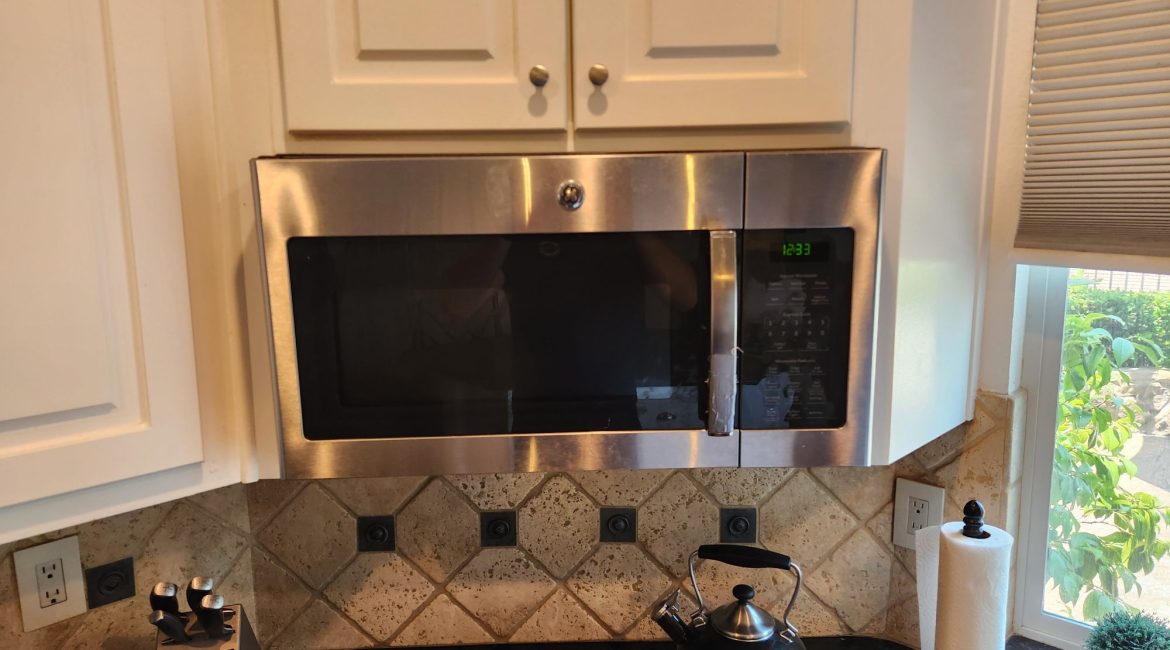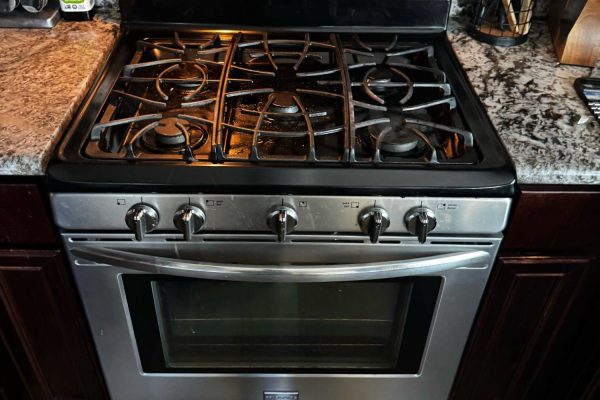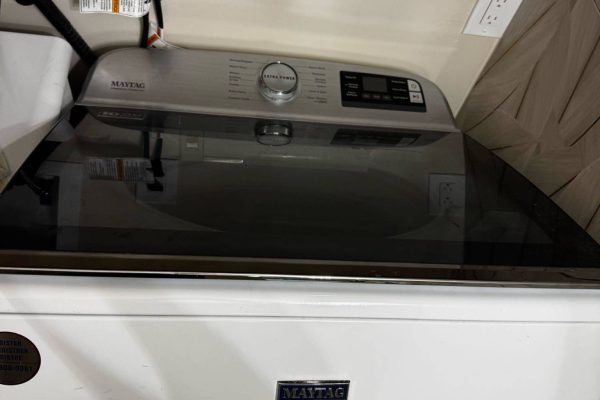Microwaves have become essential kitchen appliances, offering a convenient way to reheat and cook food quickly. However, when your microwave begins making unusual noises or buzzing sounds, it can be alarming. These noises are often indicators of underlying issues. Knowing the causes of these sounds and how to address them can help you maintain a quiet, efficient appliance. In this article, we’ll explore why your microwave might be making these sounds and the steps you can take to fix it.
Common Causes of Microwave Noises
- Magnetron Malfunction
The magnetron is responsible for generating the microwaves that heat your food. It can wear out over time, leading to a loud buzzing or humming sound. Magnetron issues are often indicated by a loud buzzing noise, especially during operation.
⠀
- Turntable Motor Problems
If the noise occurs only when the turntable is rotating, the turntable motor could be the culprit. Dirt or debris in the motor or a worn-out motor can lead to grinding or rattling sounds.
⠀
- Fan Malfunctions
Microwaves have internal fans to keep components from overheating. If the fan becomes clogged with debris or develops an issue, it can make loud noises. A malfunctioning fan will often produce a consistent, loud whirring or buzzing sound while the microwave is running.
⠀
- Drive Motor Issues
Some microwaves rely on a separate drive motor to turn the carousel inside. When this motor wears out or becomes obstructed, it can lead to a loud humming or buzzing noise.
⠀
- Diode Failure
The diode in a microwave helps convert high voltage into energy for the magnetron. A failing or damaged diode can lead to unusual sounds like buzzing or crackling. If the diode is the cause, the microwave may also not heat food effectively.
⠀
- Loose Parts and Panels
Over time, screws, bolts, or panels can loosen inside the microwave. When this happens, you may hear a rattling noise. Loose parts are generally a simple fix, but they should be addressed promptly to avoid further damage.
⠀
- Faulty Capacitor
The capacitor helps store energy for the magnetron and transformer. If the capacitor fails, it can create a buzzing or crackling sound. This issue often requires professional assistance, as capacitors store high voltage and can be dangerous to handle.
Steps to Fix a Noisy Microwave
⠀
- Clean the Microwave Internally and Externally
Sometimes, a thorough cleaning can solve the problem. Debris stuck in the turntable mechanism, fan, or even the vent can create noises. Unplug your microwave and carefully clean around these components.
⠀
- Check the Turntable and Drive Motor
If the noise is related to the turntable, remove it and inspect both the turntable ring and drive motor. Look for any obstructions, debris, or signs of wear. If the motor appears damaged, it may need to be replaced.
⠀
- Inspect the Fan
The microwave’s cooling fan can become clogged with dirt, leading to noise. If you’re comfortable doing so, unplug the microwave, open the back panel, and locate the fan. Use a small brush or compressed air to clear away debris.
⠀
- Tighten Loose Parts
Carefully check for any loose screws, bolts, or panels inside and outside the microwave. Tighten any loose parts, as they can lead to a buzzing or rattling noise.
⠀
- Test the Diode and Capacitor
Diagnosing problems with the diode or capacitor is challenging, as these parts require special tools to test. Diodes and capacitors are sensitive and can hold a dangerous electric charge even after the microwave is unplugged. If you suspect a problem with either of these components, contact a professional appliance repair service.
⠀
- Inspect the Magnetron
The magnetron is one of the most critical parts of a microwave and, unfortunately, one of the most expensive to replace. If you’re hearing a loud buzzing noise and the microwave is not heating correctly, it may be due to a faulty magnetron. Professional repair is recommended for magnetron issues, as attempting to replace it yourself can be both dangerous and costly.
While many microwave noises can be resolved with simple fixes, some issues – like a broken magnetron or faulty capacitor – require professional assistance. Attempting to repair these components yourself can be risky. Calling a professional repair service ensures that your microwave is fixed safely and efficiently.
⠀
If you’re experiencing issues with your microwave and suspect that the problem is beyond a simple fix, Poway Appliance Repair Service Center is here to help. Our experienced technicians can diagnose and repair a wide range of microwave issues, from buzzing sounds to heating problems. With prompt, reliable service, we’ll have your microwave running smoothly in no time.
⠀⠀
Microwave noises can be concerning, but understanding the possible causes and solutions can put your mind at ease. While cleaning and tightening loose parts can sometimes fix the issue, more complex problems require expert care. Remember, a microwave is a high-voltage appliance, and certain components are best handled by professionals. Don’t hesitate to reach out to Poway Appliance Repair Service Center if you need help with a noisy microwave or any other appliance issue.
⠀
Contact us


